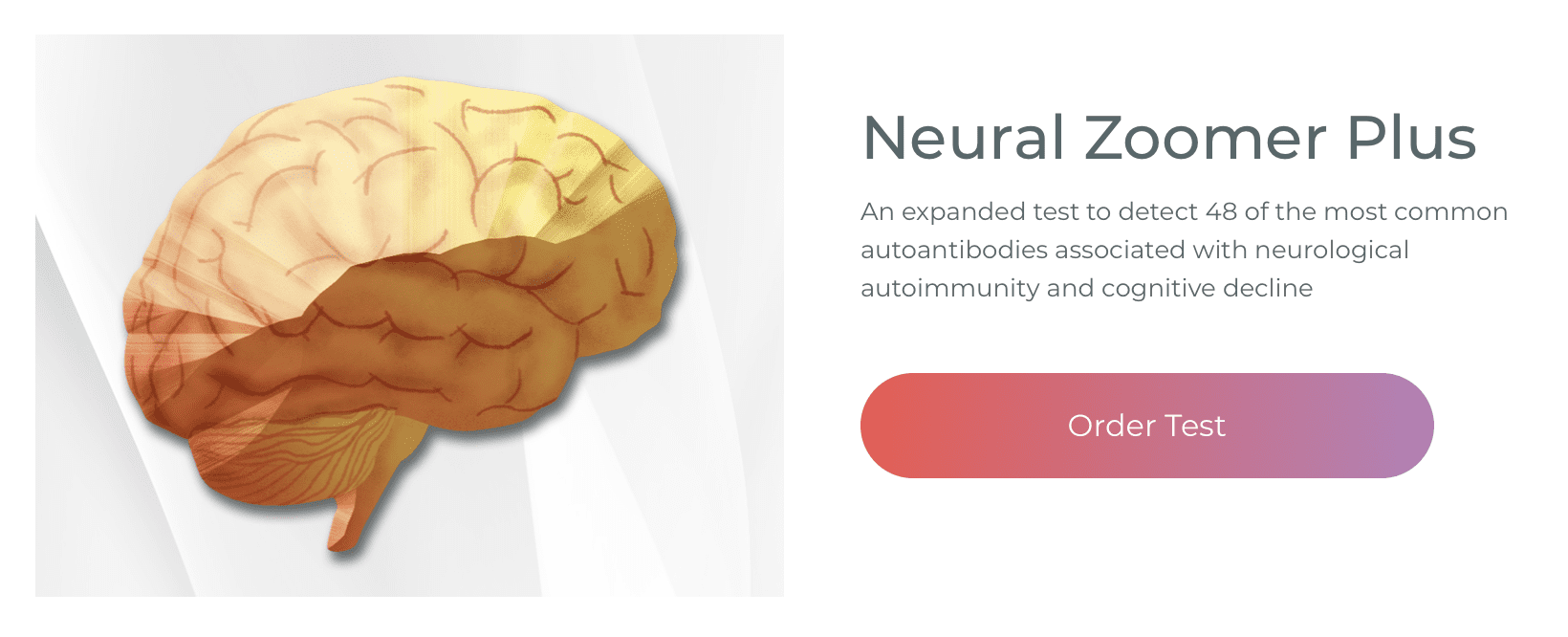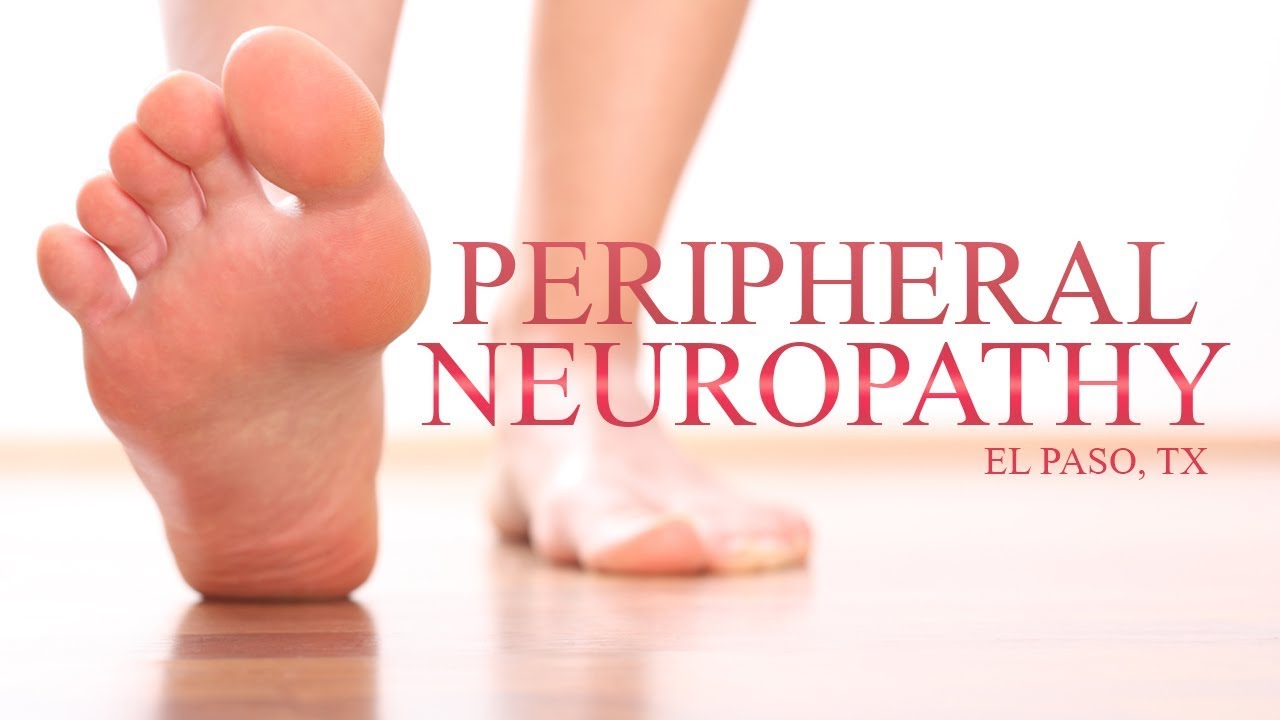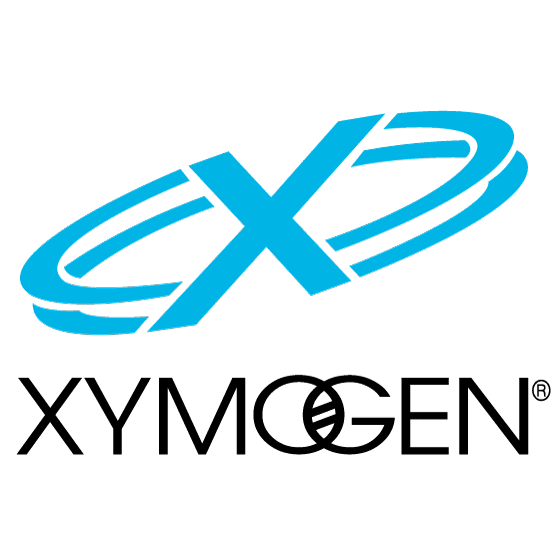Our digestive health depends on the composition of our healthy gut microbiome or the bacteria in our gastrointestinal (GI) tract. This probiotic profile plays a fundamental role in our immune system and these can ultimately affect our inflammatory response. Also, the foods we eat, hormones, neurotransmitters, and even our adrenal and mitochondrial status can influence our digestive health. Abnormal or excess bacteria can cause many digestive health issues. Researchers and healthcare professionals have found that “fasting” can help promote a healthy gut microbiome and support overall digestive health. �
Several studies have shown that consuming enough fiber and foods that increase the amount of bacteria in the gastrointestinal (GI) tract is associated with improved insulin sensitivity as well as reduced immune reactions and inflammation, among many other health benefits. These same studies also demonstrated that fasting can have these same health benefits. Different types of fasting can be used as a treatment approach for a variety of digestive health issues. As a matter of fact, other studies have shown that fasting can help improve digestive health issues like SIBO, IBS, and leaky gut. �
Contents
An Experiment on Fasting and Digestive Health
Mike Hoaglin, former clinical director for the Dr. Oz show and current clinical lead for uBiome, a biotechnology company that helps healthcare professionals and patients understand how the gut microbiome affects overall health and wellness, demonstrated the importance of the bacteria in our gastrointestinal (GI) tract by sharing the outcome measures of an experiment he tried on himself. Biotechnology companies like uBiome can determine a patient’s probiotic profile, including “healthy” and pathogenic microorganisms which may be associated with digestive health issues like Crohn’s disease and ulcerative colitis. �
After learning how fasting can help improve your immune system, activate stem cells, and reduce your risk of developing many types of cancers, Mike became motivated to do his own five-day water fast to see how this strategic way of eating would affect his gut microbiome. He was also inspired to know how fasting could affect his energy levels as well as his mental acuity and brain fog. By submitting a stool sample, he determined the spectrum of bacteria in his gastrointestinal (GI) tract before starting the fasting process. Mike Hoaglin was under the supervision of his functional medicine practitioner. �
Understanding the Effects of Fasting
According to his uBiome probiotic profile test results, Mike had dysbiosis, an imbalance in the composition of his gut microbiome associated with decreased biodiversity of “healthy” bacteria and increased “harmful” bacteria known for causing inflammation. Mike Hoaglin scheduled five days in his schedule to start the fasting process after he talked to his functional medicine practitioner. As many people have described during the first several days of fasting, Mike had a very difficult time going without eating any food. He described feeling cranky and hungry, however, he was still able to sleep. �
Mike’s hunger had thankfully subsided by day three of the fasting process and, although he still had several days left of the treatment approach, the understood that the rest of the fasting process wasn’t going to be as challenging as it had been for the first two days, despite his blood glucose, or sugar, being low. Mike Hoaglin felt an increase in his energy levels by day four of the fasting process. He felt more mental clarity as his digestive system started using fat as energy instead of using sugar, or glucose. He immediately recognized that his stem cells had activated during day four of the fasting process. �
Mike ended the fasting process on day five at 5:00 pm by consuming a cup of bone broth. Bone broth is one of the most recommended type of foods to help people transition from fasting because it has essential amino acids, such as glutamine and glycine, that provide nutrition to the gastrointestinal (GI) tract as soon as it starts digesting food once again. Moreover, adding some Himalayan salt to your bone broth can also provide your cells with added minerals. Mike continued to transition from fasting by eating fiber-rich plant foods, healthy fats, and small amounts of lean protein, in easily digestible variations. �
Mike Hoaglin tested his gut microbiome following his fasting process and he was pleasantly surprised with the outcome measures of his probiotic profile. According to the uBiome test, fasting had practically “reset” Mike’s gut microbiome, or the bacteria in the gastrointestinal (GI) tract. The results demonstrated a balanced composition of his gut microbiome and he had increased the biodiversity of “healthy” bacteria and decreased “harmful” bacteria. After completing his experiment, Mike Hoaglin became more aware of how the type of foods we eat can ultimately affect our digestive health. �

Fasting is a well-known, strategical way of eating which can have a variety of digestive health benefits for many people. Many people can tremendously benefit from fasting. Fasting can activate autophagy, or the natural cellular detoxification process, to help sweep excess bacteria and undigested food debris away for elimination as waste, also activating anti-inflammatory processes to reduce inflammation and oxidative stress. During an experiment, fasting was shown to have tremendous benefits on overall digestive health. However, it’s important to keep in mind that fasting may not be for everyone. Make sure to talk to a qualified and experienced doctor before attempting any fasting approaches. – Dr. Alex Jimenez D.C., C.C.S.T. Insight
Neurotransmitter Assessment Form
[wp-embedder-pack width=”100%” height=”1050px” download=”all” download-text=”” attachment_id=”52657″ /] �
The following Neurotransmitter Assessment Form can be filled out and presented to Dr. Alex Jimenez. The following symptoms listed on this form are not intended to be utilized as a diagnosis of any type of disease, condition, or any other type of health issue. �
Our digestive health depends on the composition of our healthy gut microbiome or the bacteria in our gastrointestinal (GI) tract. This probiotic profile plays a fundamental role in our immune system and these can ultimately affect our inflammatory response. Also, the foods we eat, hormones, neurotransmitters, and even our adrenal and mitochondrial status can influence our digestive health. Abnormal or excess bacteria can cause many digestive health issues. Researchers and healthcare professionals have found that “fasting” can help promote a healthy gut microbiome and support overall digestive health. � Several studies have shown that consuming enough fiber and foods that increase the amount of bacteria in the gastrointestinal (GI) tract is associated with improved insulin sensitivity as well as reduced immune reactions and inflammation, among many other health benefits. These same studies also demonstrated that fasting can have these same health benefits. Different types of fasting can be used as a treatment approach for a variety of digestive health issues. As a matter of fact, other studies have shown that fasting can help improve digestive health issues like SIBO, IBS, and leaky gut. �
The scope of our information is limited to chiropractic, musculoskeletal, and nervous health issues or functional medicine articles, topics, and discussions. We use functional health protocols to treat injuries or disorders of the musculoskeletal system. Our office has made a reasonable attempt to provide supportive citations and has identified the relevant research study or studies supporting our posts. We also make copies of supporting research studies available to the board and or the public upon request. To further discuss the subject matter above, please feel free to ask Dr. Alex Jimenez or contact us at 915-850-0900.�
Curated by Dr. Alex Jimenez �
References:
- �The Impact of Fasting on Your Microbiome.� Naomi Whittel, 12 Mar. 2019, www.naomiwhittel.com/the-impact-of-fasting-on-your-microbiome/.
Additional Topic Discussion: Chronic Pain
Sudden pain is a natural response of the nervous system which helps to demonstrate possible injury. By way of instance, pain signals travel from an injured region through the nerves and spinal cord to the brain. Pain is generally less severe as the injury heals, however, chronic pain is different than the average type of pain. With chronic pain, the human body will continue sending pain signals to the brain, regardless if the injury has healed. Chronic pain can last for several weeks to even several years. Chronic pain can tremendously affect a patient’s mobility and it can reduce flexibility, strength, and endurance. �
Neural Zoomer Plus for Neurological Disease
Dr. Alex Jimenez utilizes a series of tests to help evaluate neurological diseases. The Neural ZoomerTM Plus is an array of neurological autoantibodies which offers specific antibody-to-antigen recognition. The Vibrant Neural ZoomerTM Plus is designed to assess an individual�s reactivity to 48 neurological antigens with connections to a variety of neurologically related diseases. The Vibrant Neural ZoomerTM Plus aims to reduce neurological conditions by empowering patients and physicians with a vital resource for early risk detection and an enhanced focus on personalized primary prevention. �
Food Sensitivity for the IgG & IgA Immune Response
Dr. Alex Jimenez utilizes a series of tests to help evaluate health issues associated with food sensitivities. The Food Sensitivity ZoomerTM is an array of 180 commonly consumed food antigens that offers very specific antibody-to-antigen recognition. This panel measures an individual�s IgG and IgA sensitivity to food antigens. Being able to test IgA antibodies provides additional information to foods that may be causing mucosal damage. Additionally, this test is ideal for patients who might be suffering from delayed reactions to certain foods. Utilizing an antibody-based food sensitivity test can help prioritize the necessary foods to eliminate and create a customized diet plan around the patient�s specific needs. �
Gut Zoomer for Small Intestinal Bacterial Overgrowth (SIBO)
Dr. Alex Jimenez utilizes a series of tests to help evaluate gut health associated with small intestinal bacterial overgrowth (SIBO). The Vibrant Gut ZoomerTM offers a report that includes dietary recommendations and other natural supplementation like prebiotics, probiotics, and polyphenols. The gut microbiome is mainly found in the large intestine and it has more than 1000 species of bacteria that play a fundamental role in the human body, from shaping the immune system and affecting the metabolism of nutrients to strengthening the intestinal mucosal barrier (gut-barrier). It is essential to understand how the number of bacteria that symbiotically live in the human gastrointestinal (GI) tract influences gut health because imbalances in the gut microbiome may ultimately lead to gastrointestinal (GI) tract symptoms, skin conditions, autoimmune disorders, immune system imbalances, and multiple inflammatory disorders. �
Formulas for Methylation Support
XYMOGEN�s Exclusive Professional Formulas are available through select licensed health care professionals. The internet sale and discounting of XYMOGEN formulas are strictly prohibited.
Proudly,�Dr. Alexander Jimenez makes XYMOGEN formulas available only to patients under our care.
Please call our office in order for us to assign a doctor consultation for immediate access.
If you are a patient of Injury Medical & Chiropractic�Clinic, you may inquire about XYMOGEN by calling 915-850-0900.
For your convenience and review of the XYMOGEN products please review the following link. *XYMOGEN-Catalog-Download �
* All of the above XYMOGEN policies remain strictly in force. �
�
General Disclaimer, Licenses and Board Certifications *
Professional Scope of Practice *
The information herein on "How Fasting Affects Digestive Health in Functional Neurology" is not intended to replace a one-on-one relationship with a qualified health care professional or licensed physician and is not medical advice. We encourage you to make healthcare decisions based on your research and partnership with a qualified healthcare professional.
Blog Information & Scope Discussions
Welcome to El Paso's Premier Wellness and Injury Care Clinic & Wellness Blog, where Dr. Alex Jimenez, DC, FNP-C, a Multi-State board-certified Family Practice Nurse Practitioner (FNP-BC) and Chiropractor (DC), presents insights on how our multidisciplinary team is dedicated to holistic healing and personalized care. Our practice aligns with evidence-based treatment protocols inspired by integrative medicine principles, similar to those on this site and on our family practice-based chiromed.com site, focusing on naturally restoring health for patients of all ages.
Our areas of multidisciplinary practice include Wellness & Nutrition, Chronic Pain, Personal Injury, Auto Accident Care, Work Injuries, Back Injury, Low Back Pain, Neck Pain, Migraine Headaches, Sports Injuries, Severe Sciatica, Scoliosis, Complex Herniated Discs, Fibromyalgia, Complex Injuries, Stress Management, Functional Medicine Treatments, and in-scope care protocols.
Our information scope is multidisciplinary, focusing on musculoskeletal and physical medicine, wellness, contributing etiological viscerosomatic disturbances within clinical presentations, associated somato-visceral reflex clinical dynamics, subluxation complexes, sensitive health issues, and functional medicine articles, topics, and discussions.
We provide and present clinical collaboration with specialists from various disciplines. Each specialist is governed by their professional scope of practice and their jurisdiction of licensure. We use functional health & wellness protocols to treat and support care for musculoskeletal injuries or disorders.
Our videos, posts, topics, and insights address clinical matters and issues that are directly or indirectly related to our clinical scope of practice.
Our office has made a reasonable effort to provide supportive citations and has identified relevant research studies that support our posts. We provide copies of supporting research studies upon request to regulatory boards and the public.
We understand that we cover matters that require an additional explanation of how they may assist in a particular care plan or treatment protocol; therefore, to discuss the subject matter above further, please feel free to ask Dr. Alex Jimenez, DC, APRN, FNP-BC, or contact us at 915-850-0900.
We are here to help you and your family.
Blessings
Dr. Alex Jimenez, DC, MSACP, APRN, FNP-BC*, CCST, IFMCP, CFMP, ATN
email: [email protected]
Multidisciplinary Licensing & Board Certifications:
Licensed as a Doctor of Chiropractic (DC) in Texas & New Mexico*
Texas DC License #: TX5807, Verified: TX5807
New Mexico DC License #: NM-DC2182, Verified: NM-DC2182
Multi-State Advanced Practice Registered Nurse (APRN*) in Texas & Multi-States
Multi-state Compact APRN License by Endorsement (42 States)
Texas APRN License #: 1191402, Verified: 1191402 *
Florida APRN License #: 11043890, Verified: APRN11043890 *
Colorado License #: C-APN.0105610-C-NP, Verified: C-APN.0105610-C-NP
New York License #: N25929, Verified N25929
License Verification Link: Nursys License Verifier
* Prescriptive Authority Authorized
ANCC FNP-BC: Board Certified Nurse Practitioner*
Compact Status: Multi-State License: Authorized to Practice in 40 States*
Graduate with Honors: ICHS: MSN-FNP (Family Nurse Practitioner Program)
Degree Granted. Master's in Family Practice MSN Diploma (Cum Laude)
Dr. Alex Jimenez, DC, APRN, FNP-BC*, CFMP, IFMCP, ATN, CCST
My Digital Business Card
Licenses and Board Certifications:
DC: Doctor of Chiropractic
APRNP: Advanced Practice Registered Nurse
FNP-BC: Family Practice Specialization (Multi-State Board Certified)
RN: Registered Nurse (Multi-State Compact License)
CFMP: Certified Functional Medicine Provider
MSN-FNP: Master of Science in Family Practice Medicine
MSACP: Master of Science in Advanced Clinical Practice
IFMCP: Institute of Functional Medicine
CCST: Certified Chiropractic Spinal Trauma
ATN: Advanced Translational Neutrogenomics
Memberships & Associations:
TCA: Texas Chiropractic Association: Member ID: 104311
AANP: American Association of Nurse Practitioners: Member ID: 2198960
ANA: American Nurse Association: Member ID: 06458222 (District TX01)
TNA: Texas Nurse Association: Member ID: 06458222
NPI: 1205907805
| Primary Taxonomy | Selected Taxonomy | State | License Number |
|---|---|---|---|
| No | 111N00000X - Chiropractor | NM | DC2182 |
| Yes | 111N00000X - Chiropractor | TX | DC5807 |
| Yes | 363LF0000X - Nurse Practitioner - Family | TX | 1191402 |
| Yes | 363LF0000X - Nurse Practitioner - Family | FL | 11043890 |
| Yes | 363LF0000X - Nurse Practitioner - Family | CO | C-APN.0105610-C-NP |
| Yes | 363LF0000X - Nurse Practitioner - Family | NY | N25929 |
Dr. Alex Jimenez, DC, APRN, FNP-BC*, CFMP, IFMCP, ATN, CCST
My Digital Business Card















